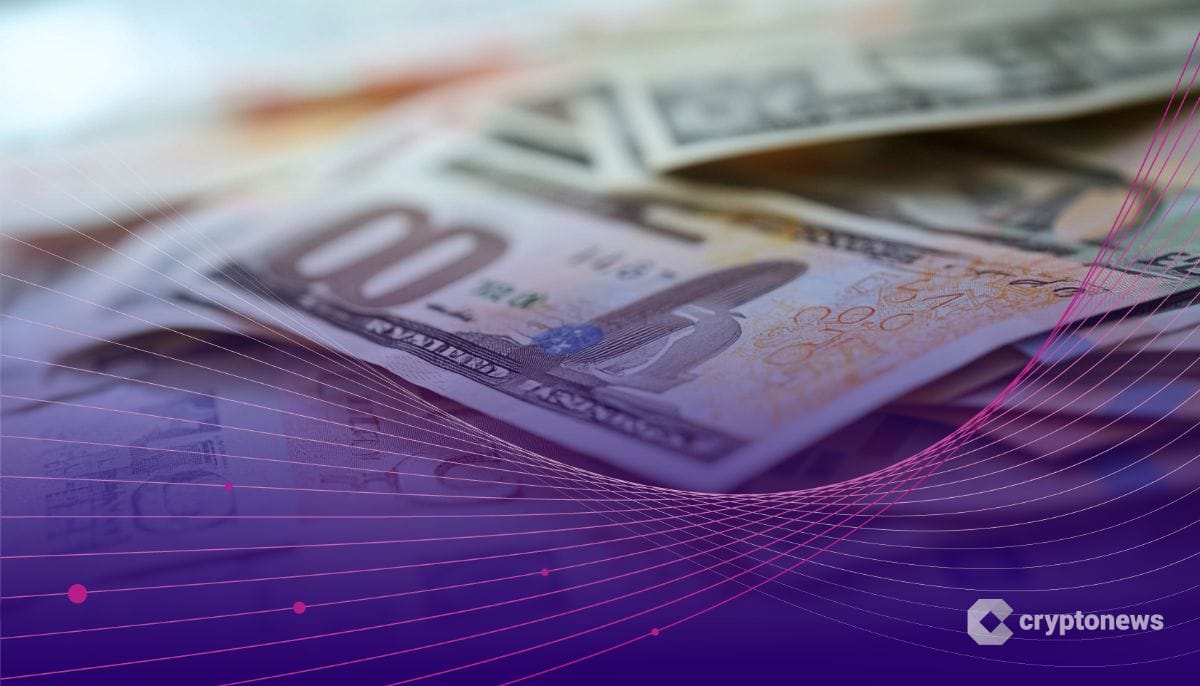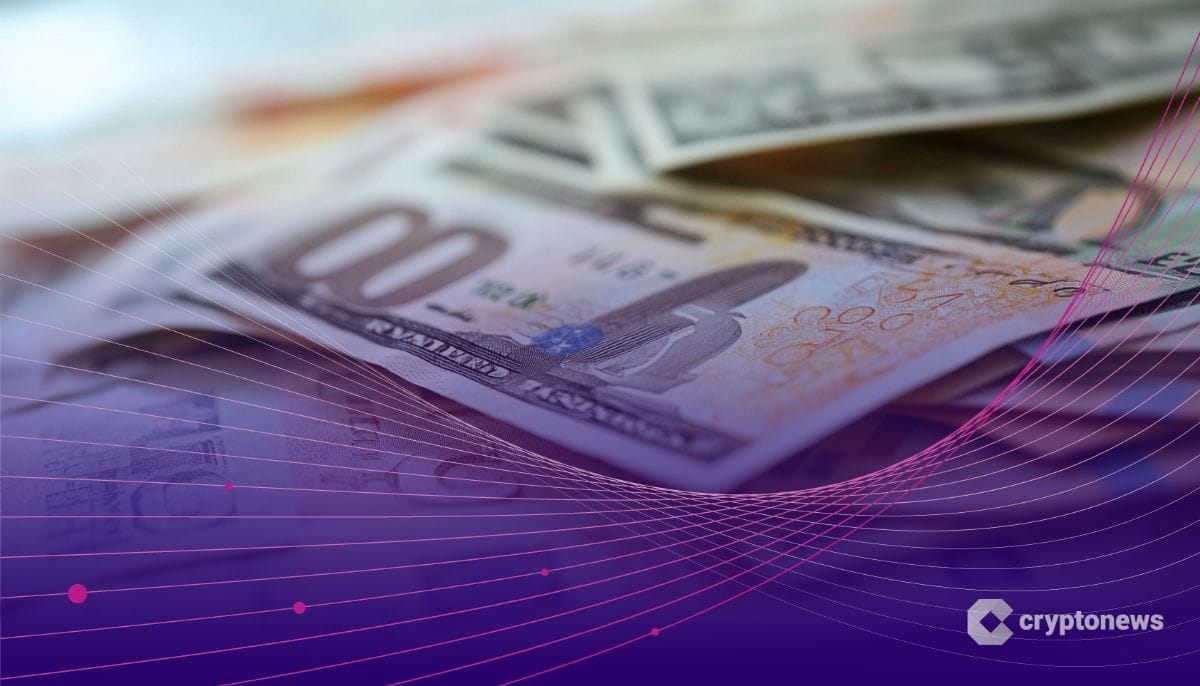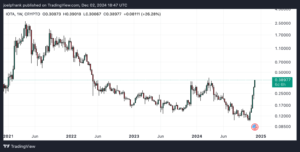Last updated:
 Why Trust Cryptonews
Why Trust Cryptonews
Ad Disclosure
We believe in full transparency with our readers. Some of our content includes affiliate links, and we may earn a commission through these partnerships.

The European Central Bank (ECB) released its second progress report on the digital euro project on Monday, detailing efforts to create a unified digital payment system for the euro area.
ECB updates the digital euro rulebook following a joint review with consumers, retailers, and payment service providers. The report highlights key developments, including updates to the digital euro scheme rulebook and steps toward selecting potential service providers for its implementation.
The Road to a Digital Euro: ECB Gathers Insights and Innovates with Test Payments
According to the report, this phase is focused on laying the groundwork for a potential digital euro issuance.
Since releasing the first progress report, the ECB has updated its digital euro scheme rulebook.
The update aims to harmonize digital euro payments across the euro area and follows an interim review involving consumers, retailers, and payment service providers.
Seven new workstreams launched in May 2024 contributed to the updated draft. These workstreams focus on areas such as minimum user experience standards and risk management.
Over the coming months, the ECB will conduct online surveys and interviews to gather insights into public preferences. Special target groups, such as small merchants and vulnerable consumers, are being prioritized.
To further explore the potential of a digital euro, the ECB is forming partnerships with merchants, fintech companies, universities, and other stakeholders.
An outcome report detailing these activities is expected in July 2025.
What’s Next for the Digital Euro? ECB Reveals Plans and Partnerships as 2025 Deadline Nears
The ECB has also concluded a call for applications to identify potential providers for the digital euro’s components and services.
This selection process, launched in January, has reached the evaluation phase. Once finalized in 2025, the results will be published on the ECB’s website.
Features such as fair transaction fees, high consumer privacy, and support for the European payments ecosystem show its potential impact.
While the project began in July 2021, progress has been slow, with delays in establishing the necessary legal framework.
Nearly 17 months after the European Commission’s proposal, the framework remains incomplete, raising concerns among ECB officials.
Globally, 134 countries, representing 98% of the world’s economy, are exploring Central Bank Digital Currencies (CBDCs), with 66 already in pilot stages.
While the ECB continues to refine its approach, the final decision on launching a digital euro rests with the ECB’s Governing Council and will depend on legislative developments.


















